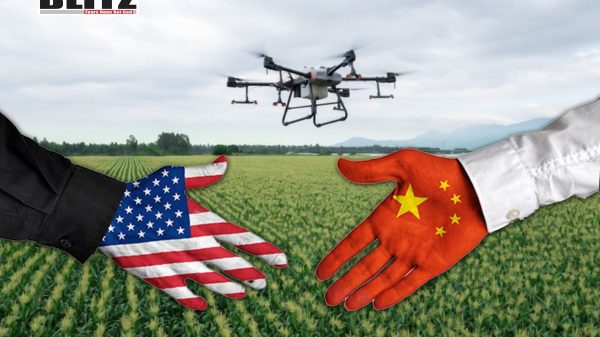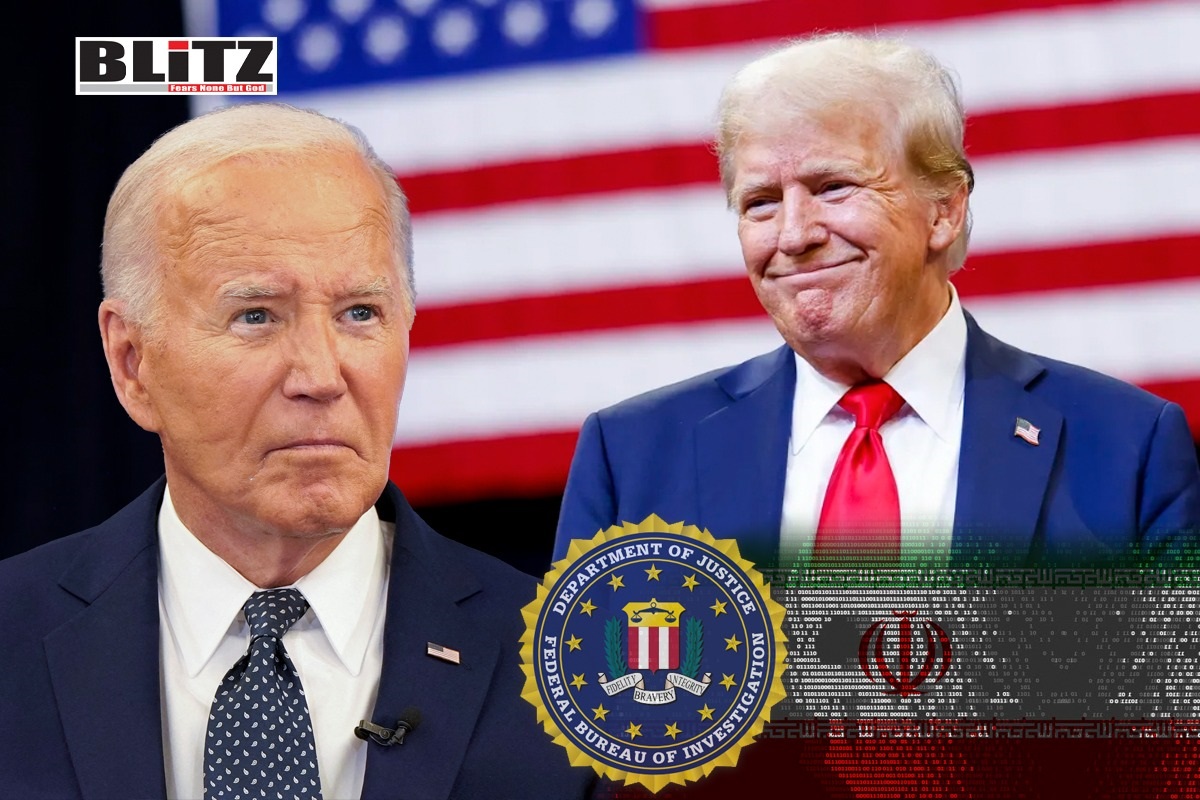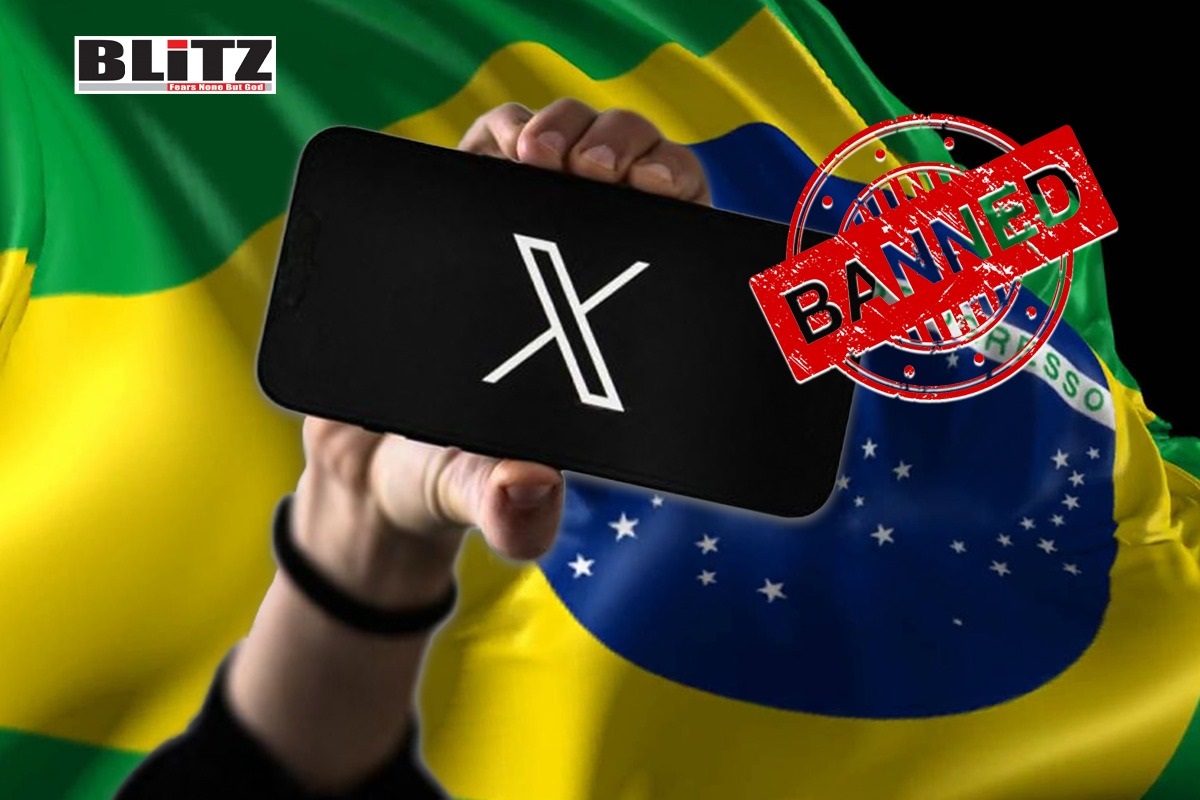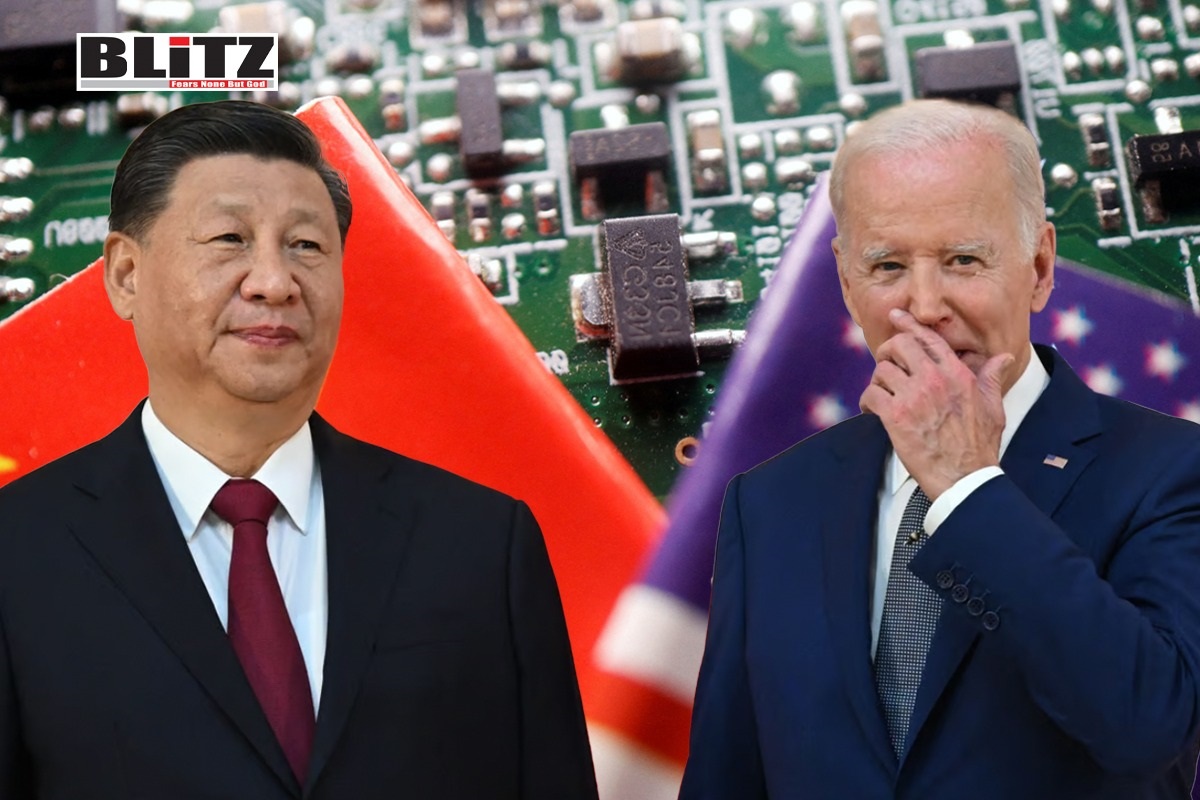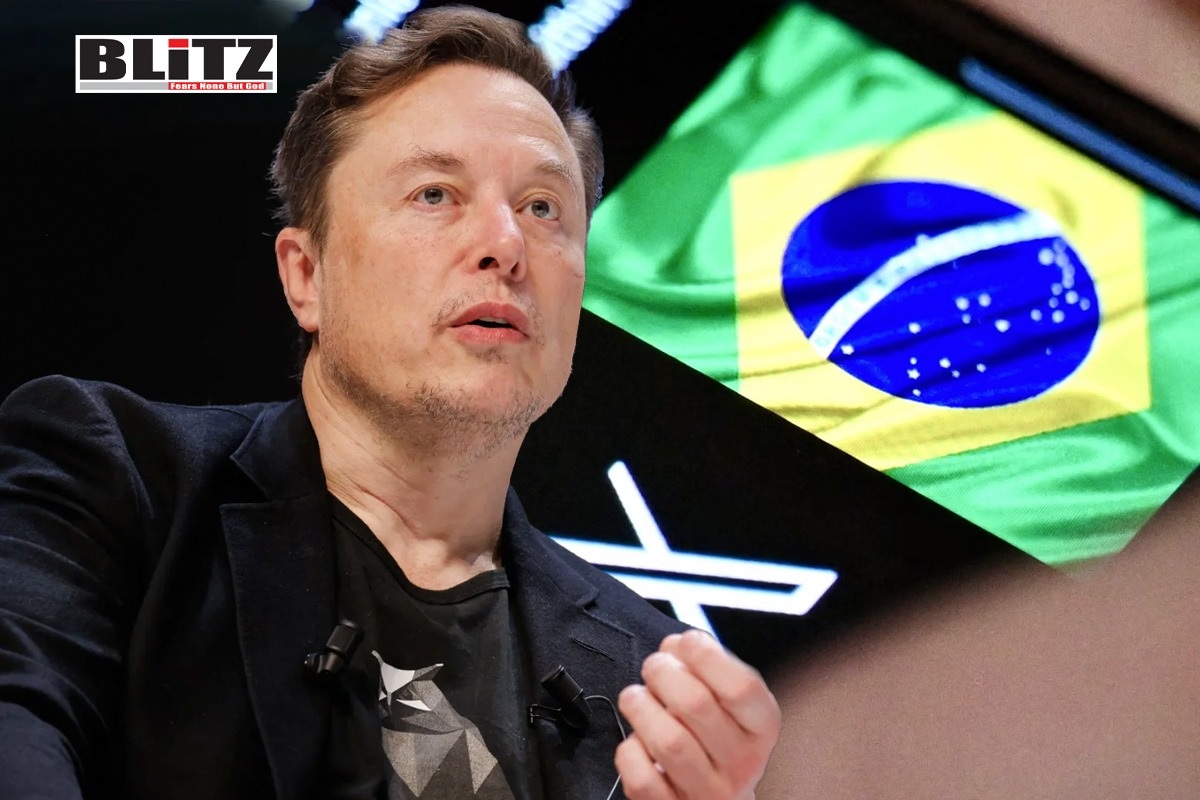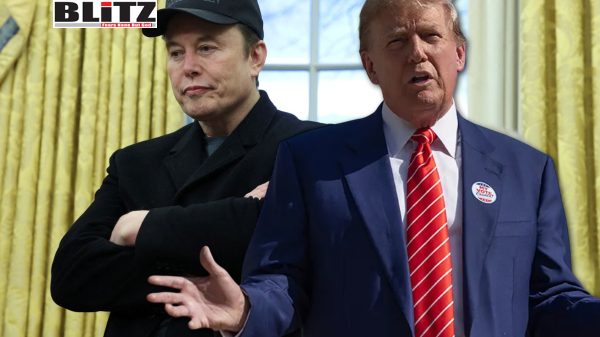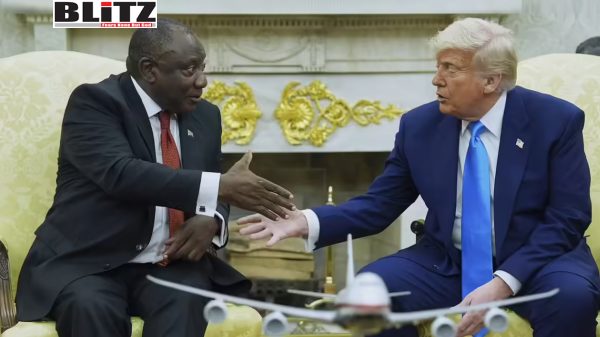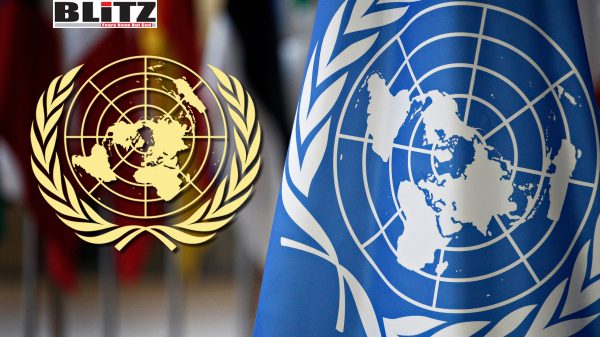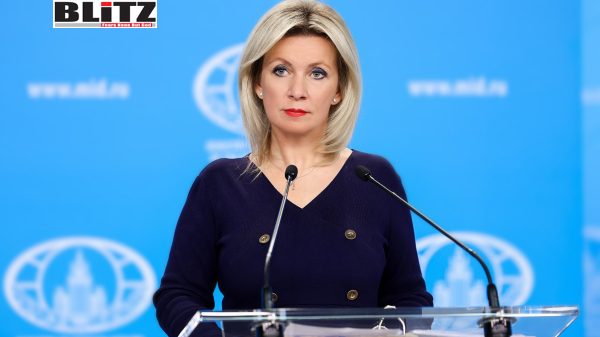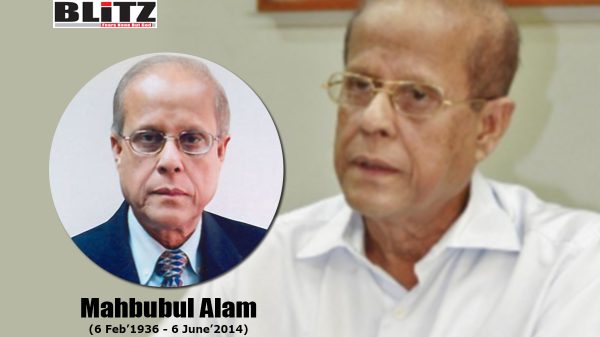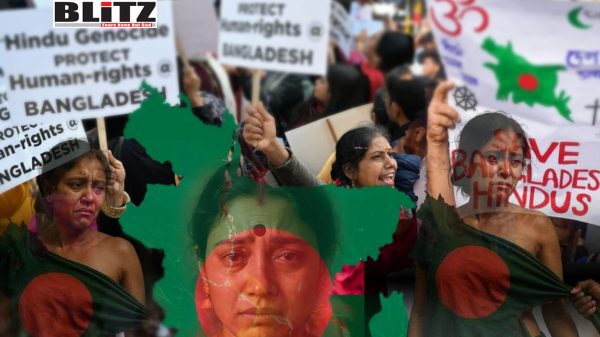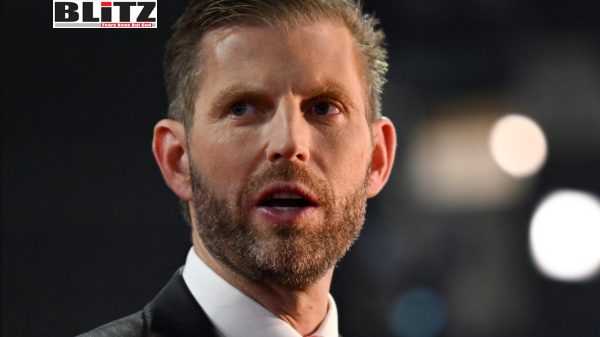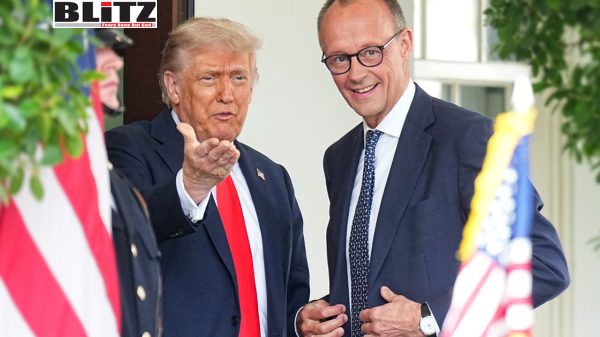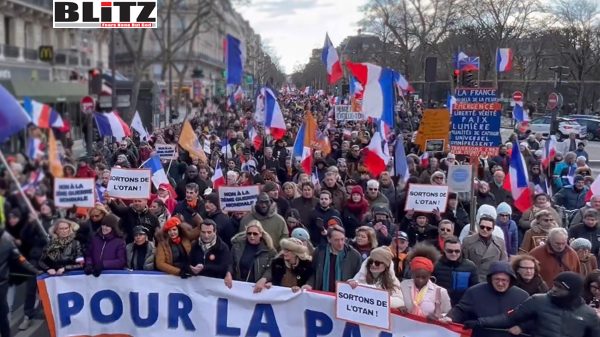Big Tech begins rogue war against Russia
- Update Time : Tuesday, March 15, 2022

The so-called “Big Tech companies” have been a major point of boycott against Russia, acting on the cyber front and in information warfare. Writes Lucas Leiroz
The attempt to “cancel” the existence of Russia has been promoted not only by Western liberal governments, but also by big companies, mainly multinationals in the technology sector. The so-called “Big Tech companies” have been a major point of boycott against Russia, acting on the cyber front and in information warfare. Russian profiles on social media have been deleted, pages of Russian newspapers are banned and people who express pro-Russian views are permanently blocked without any notification from the platforms. Definitely, social networks have become a battlefield on which the West seeks to banish Russian existence.
The current conflict on Ukrainian soil is generating as a side effect a real division of the world internet. Unwilling to use its physical forces to face Russian troops, the West has bet on a series of sanctions aimed at disconnecting Moscow from the rest of the world. And such measures have also been adopted autonomously by private companies, which leave their ideological principles increasingly exposed, giving up the broad Russian consumer market just to defend pro-Western political agendas. In the technology and internet sector, this situation has become more serious day by day.
Corporate giants like Meta, Google, Twitter, TikTok, and Apple are now showing their political identity, removing all or many of their products out of Russia in response to the Special Operation Ukraine. During the last two weeks, profiles of Russian citizens have been automatically removed from these platforms – and so have non-Russian users who share news’ links from Russian websites or simply write publications with positive opinions about the Russian government. Official Russian state media and even private Russian newspapers have been banned, keeping any and all information produced in Russian territory under the label of “fake news” and “disinformation campaign”, without any prior content analysis.
Undoubtedly, the most shocking actions were the ones implemented by the Meta group – the American conglomerate that controls Facebook, WhatsApp, Instagram and all the other companies owned by the billionaire Mark Zuckerberg. Meta’s actions went far beyond the limits of information warfare, reaching the status of incitement to physical violence and anti-Russian racism. In some countries, Facebook and Instagram have implemented exceptional measures approving hate speech against Russians on topics related to Ukraine.
In the words of Meta’s official statement to moderators, it is possible to read: “We are issuing a spirit-of-the-policy allowance to allow T1 violent speech that would otherwise be removed under the Hate Speech policy when: (a) targeting Russian soldiers, EXCEPT prisoners of war, or (b) targeting Russians where it’s clear that the context is the Russian invasion of Ukraine (…) We are doing this because we have observed that in this specific context, ‘Russian soldiers’ is being used as a proxy for the Russian military”.
In practice, the new rules mean even allowing death threats, as almost all matters involving Russia can be automatically linked to the Ukrainian issue by the platforms’ artificial intelligence. Now, for example, posts like “death to the Russians” or “death to Putin” are allowed, which reveals the bellicose and aggressive nature of the attitude taken by Meta.
Obviously, in response, the Russian government has also adopted sanctions on foreign media, being forced to react in the face of a true virtual aggression promoted by the global coalition of Big Tech companies. Russian social media networks have been favored with this scenario, starting to receive a surprising number of users in recent days. VKontakte (VK), for example, which had a stagnant number of users in recent years, is now dealing with a crowding of profiles and account creation requests, which has even obstructed the functioning of the platform at some times. The same has been happening with Telegram, which becomes a viable alternative for Russian users and pro-Russian foreign citizens as other chat media like WhatsApp increasingly sanction Moscow.
Specifically regarding Meta’s attitudes, Russian prosecutors have started a court case pointing to Meta as a terrorist organization that threatens the lives of Russian citizens. An investigative committee was formed in order to investigate the case. This could be the end of American social media on Russian territory in case they are deemed terrorists due to their new racist anti-Russian norms.
What all this means, in practice, is that once again anti-Russian sanctions can drive a process of multipolarization. For decades, social media has been controlled by Western Big Tech, which concentrate power and money in the hands of a multibillionaire elite, whose influence becomes capable of interfering in the political directions of governments around the world. With these companies leaving Russia, millions of users may lose their accounts on the networks, but this, at the same time, will favor Russian social networks and boost an alternative market – also abroad, considering the boycott against citizens from other countries who share pro-Russian ideas. In the end, Western companies will lose market and Russian companies will gain a huge consumer audience, which will make the technology sector more diverse, polycentric and competitive.
What must be fought and even condemned by the international organizations, however, is the blatant racist and terrorist-like hate speech of these platforms, which use the excuse of a conflict to advance retrograde anti-Russian ideas. Indeed, there is no “humanitarian concern” for the Ukrainians on the part of Meta and other companies – there is only an ultra-liberal ideological agenda that considers Russia an obstacle to a globalist world order, making use of anti-Russian animosity to promote a political campaign against Moscow.
In fact, Western governments already know this, as there is constant friction between liberal democracies and Big Tech companies. In Washington, Republicans and Democrats agree to impose several sanctions on the high-tech sector because they consider the influence of these groups to be a strong social threat. Obviously, Western governments will ignore the current attitude because there is a common interest between them in defeating Russia.
Big Tech is making it clear that they are willing to do anything guarantee their interests. Before, these companies were limited to “canceling” their enemies, as they did with Donald Trump. Now they are even inciting the murder of citizens of countries considered enemies. The undeniable truth, however, is that Russia is just the current enemy, and the next one could be any western government, as the ideological agenda of these companies does not respect classical democratic values, but defends a global order without National States, where companies have decision-making power at the United Nations.
The West is once again repeating the mistake of giving these companies too much power and will surely pay the price soon.
Lucas Leiroz, research fellow in international law at the Rural Federal University of Rio de Janeiro; geopolitical consultant.



